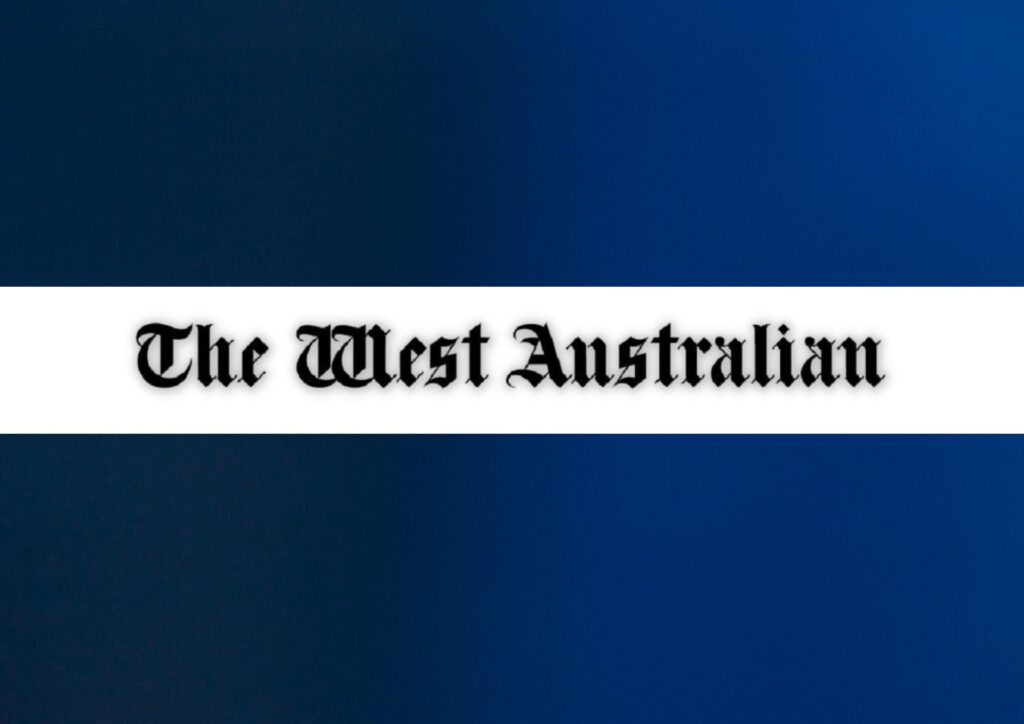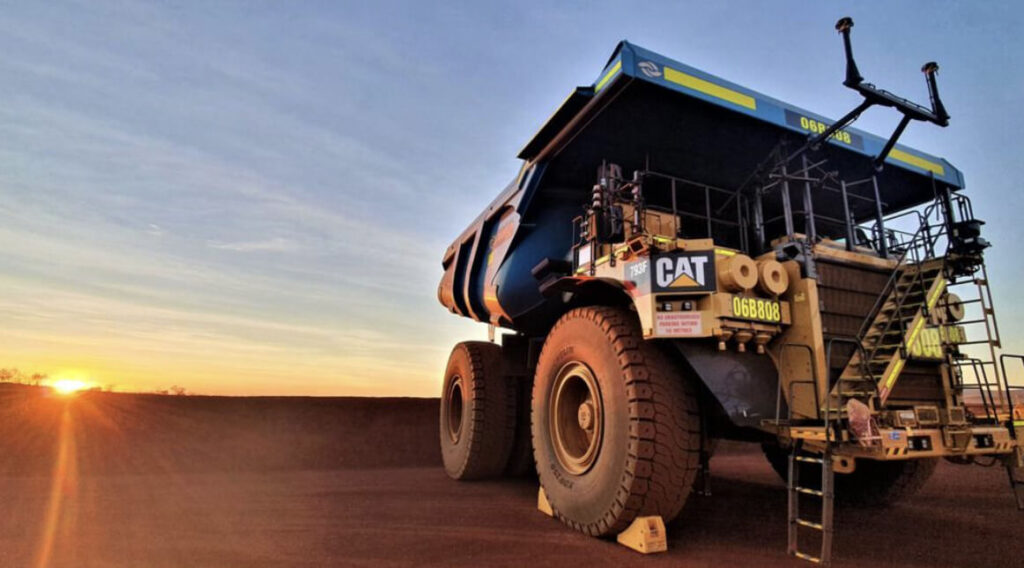

Article by Josh Zimmerman, courtesy of the West Australian.
WA’s powerhouse resources sector pumped a record $77 billion into the State economy last year and accounted for one-fifth of company tax paid across the entire country.
That is according to data commissioned by the Chamber of Minerals and Energy WA, which also found mining, oil and gas production supported nearly a third of all jobs in the State.
The direct economic contribution of the resources sector jumped by 30 per cent in 2022-23 to barrel past $77b – equating to just under $27,000 per West Australian.
That translated to $33b in corporate taxes paid to the Commonwealth, enough to fund every dollar spent by the Federal Government on primary and secondary schooling last year.
WA’s miners — particularly the iron ore majors — also paid $14b in royalties and payroll taxes to the Cook Government, representing a full third of overall revenue.
CME chief executive officer Rebecca Tomkinson seized on the findings to highlight the critical contribution of WA’s extractive industries amid mounting discontent over the Albanese Government’s proposed “nature positive” environmental reforms.
Ms Tomkinson said the legislation – which is currently being drafted and has been heavily criticised for its secretive consultation process – carried potentially major ramifications for the resources sector.
“If the Federal Government gets it wrong, it risks not only the ongoing economic contribution of the sector’s existing operations but also $93b in future investment projects and associated jobs,” Ms Tomkinson said.
Premier Roger Cook last week confirmed he was aware of “significant dissatisfaction” over consultation on the wide-ranging environmental laws.
Industry has sounded alarm bells over the potential for the changes — which include establishing a national Environmental Protection Agency — to add layers of duplication, blow out approval timeframes, and expose projects to new litigation risks.
Mr Cook on Sunday said he had spoken to Federal Environment Minister Tanya Plibersek “directly”, urging her to “consult as widely and as extensively as possible to make sure we get the balance right”.
Consultation to date has involved flying stakeholders to Canberra for a series of closed-door briefing sessions where they can take handwritten notes but are forbidden from bringing laptops or phones.
That is a significant deviation from the more standard consultation process over major legislative reform that typically involves the release of discussion papers and the opportunity for any member of the public to make submissions.
The Albanese Government is understood to be planning to introduce the new laws to Parliament following the winter recess.
Mr Cook said he was “not in a position” to comment on the timing and whether the introduction of the legislation should be delayed.
“Obviously, that was part of the mandate that they received at the last election, and they consider that election commitment very solemnly,” he said.
“But it needs to be made sure that the laws are structured in the context of extensive consultation.”
Federal Labor committed to establishing a national EPA one day before the 2022 election, but much of what is now being canvassed – including allowing the EPA to adjudicate on projects rather than make recommendations to the minister – was not presented to voters.
Liberal Leader Libby Mettam said there were “very real concerns” about the “rushed nature” of the laws and lashed Mr Cook for being “too weak to stand up for Western Australia”.
“Seventy per cent of industry who will be largely impacted by these reforms are based here in Western Australia, and they have the potential to cost this State in the billions, as well as thousands of jobs,” Ms Mettam said.
